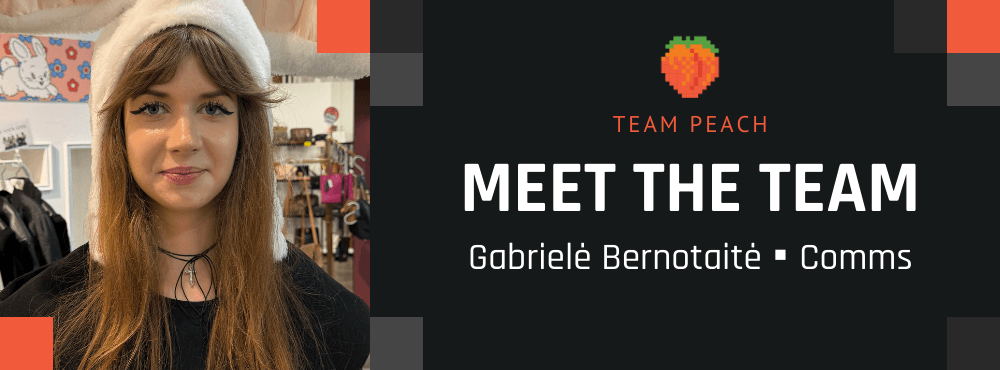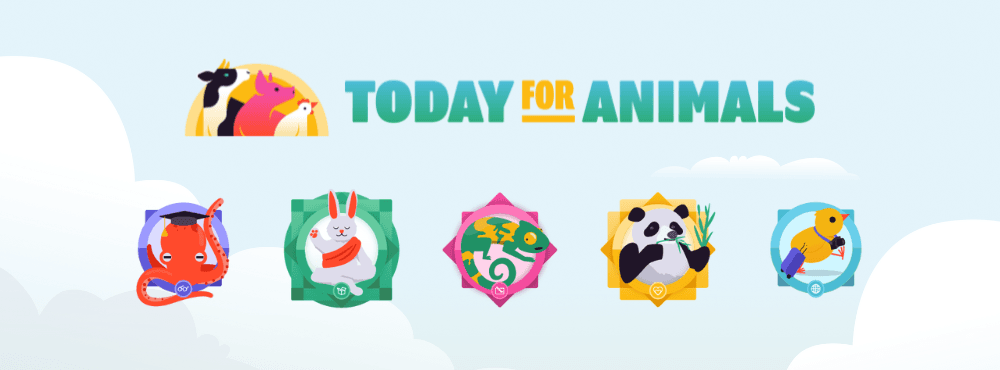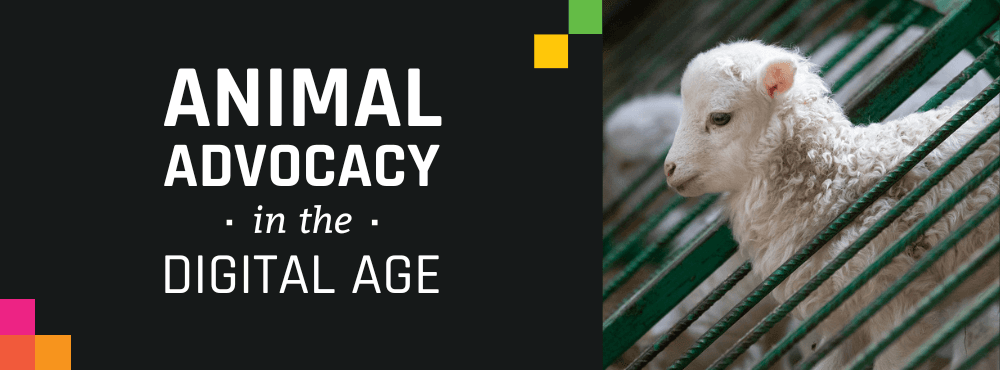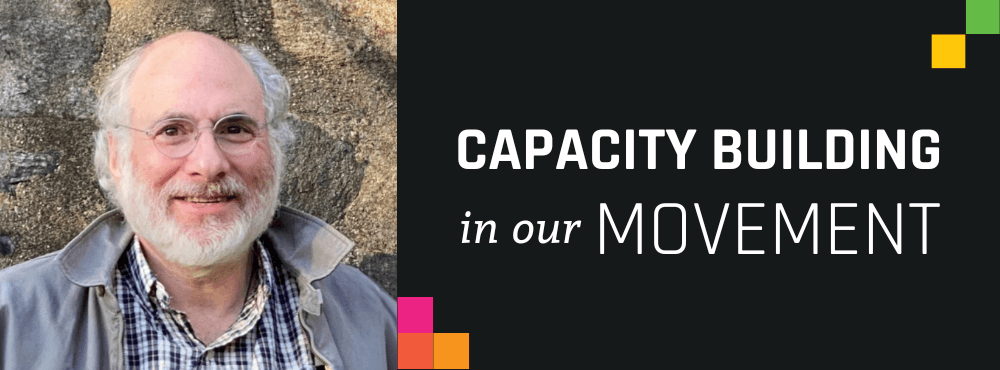
Go Ahead and Get Your Capacity Built
Get Your Capacity Built. It’s Mostly Free and Nearly Painless.
ADP provides free legal services to 300+ animal protection nonprofits. Not necessarily all at once, but over seven years we’ve rendered services to each of them. As their counsel, we’ve been in a unique position to learn about and understand their work, why they’re doing it, what’s in their way and the outcomes sought and achieved. Our clients’ unswerving devotion to this bruising and often deeply discouraging work is altogether remarkable. But to maximize the potential impact of our collective efforts, we need to get our animal protection houses in order.
A Nonprofit Is a Business.
A nonprofit is a business. It generates revenue, pays for stuff and, ideally, keeps track of both. It hires, dehires and rehires; implements and violates policies; has a board, officers, an executive director, employees, and volunteers, all of which typically come and go with all sorts of drama. It enters and breaches contracts; exposes its people to potential harassment and discrimination; reports to the public, to varying degrees of veracity; missteps; sometimes succeeds; and has or desperately needs external advisors.
Compassion for Animals Does Not a Businessperson Make.
Like any other business venture, an animal protection nonprofit can only accomplish its goals by maintaining an orderly house built upon a rock-solid foundation. But here’s the rub: animal protection advocates tend not to be or want to be businesspeople. Instead, they’re compassionate, empathic, and selfless, all glaring character flaws, anathema to the core values businesspeople in the private sector hold near and dear. Successful businesspeople generally learn how to succeed through years of education, training, experience, hard work and much failure. If we accept the premise that an animal protection nonprofit is a business, albeit, admittedly, a dramatically unprofitable one, then we must conduct ourselves accordingly. A deep passion for nonhuman beings itself does not a businessperson make. Yet, a nonprofit – as a viable going business concern – is the vehicle best suited to animal protection. Businesspeople tend not to start or run nonprofits. Those who do are often nonconformists for whom appearing on the cover of Forbes is low on their list of priorities. This being so, we would be well-advised to develop and maintain sound organizational practices and policies common to all thriving businesses, profit be damned. No doubt there’s much ugliness in the private sector, but it wouldn’t kill us to ugly-up animal protection nonprofits some.
A Solid Foundation is Essential.
Pick your metaphor: strong buildings, weak foundations, a divided house, and all that. According to Richard Branson, “[t]he important thing is that you've got a strong foundation before you start to try to save the world or help other people.” (I’m not necessarily a big [or small] Richard Branson fan. I hardly know the man. But the shoe fits.) We can’t build a strong animal protection effort on a wobbly foundation. Nonprofits can only build a reasonably robust and stable foundation by observing the same corporate, operational, and fiscal formalities that are essential to all businesses. And this, for me, is one of the primary goals of capacity building. But capacity building is critically important for another reason. Based on nothing empirical, I’m not sure we’re seen as “serious people” (as Scary Succession Father guy would say in his relentless quest to ravage his kids’ hearts and souls). And I know that animal advocates are quite serious people doing quite serious work. But I’m not sure how widespread this view is outside of animal protection.
How Does The Corporate World Perceive Us?
I don’t know the extent to which the wackos in the corporate world regard us as animal-hugging wackos. But I suspect the extent is too much. We need their support (i.e., money), for which we must gain their respect. Does their perception matter? Of course it does. Is this justified or fair? Who cares? If we want to be taken seriously in the world outside of ourselves, we need to conduct ourselves as serious people (call back to Scary Succession Father guy) and gain the respect of the larger business community. And for this we need an unfailing foundation.
What’s a Nonprofit Running at Less Than Full Capacity to Do?
Building that rock-solid foundation now is vital to our strength and solidity as this animal-directed effort matures. I was unaware of the term “capacity builder” until a funder accused me of being one. But it’s become a thing, increasingly recognized and supported by advocates and funders as vital to our collective success. And the resources are growing. Animal Protection Capacity Builders is an association of stellar capacity building organizations that provide (mostly) free services to existing and nascent animal protection nonprofits. The services include technology and branding (Vegan Hacktivists); media (Sentient Media); research (Faunalytics); photojournalism (We Animals Media); organizational and leadership consulting (Scarlet Spark); animal protection career placement services (Animal Advocacy Careers); and legal services (ADP). Bookkeeping, accounting and HR are the next capacity building frontiers.
I’ve worked closely with each of the APCB organizations. Each is led and staffed by very serious people doing very serious work. It’s unseemly to include myself by necessary implication among the extraordinarians, so I don’t, but I can personally vouch for the superb work, exceptional talent and drive of my ADP colleagues, to whom I’m more than grateful.
I’m mindful that contemplating having your capacity built can be daunting. “Who has the time or energy?” “Leave well enough alone.” “It will just bury us with more work than we already can’t do.” Yes, it will likely generate additional work for the capacity buildees, but a good chunk of it will be done by the capacity builder. It’s a critical step to advance your organization – and our joint mission – to its greatest capacity. Future generations of animals and advocates will benefit greatly, and thank you (that’s actually unlikely, but they should).
Free Services? Great. But How Can They Do Such a Thing?
Finally, I want to thank those funders and individual donors – and you know who you are – who have been so extraordinarily generous in supporting the effort to nudge us all closer to full capacity. (Note to funders: having slipped this in, borderline unreasonably aggressive ADP funding proposal to follow.)
Thanks for reading.
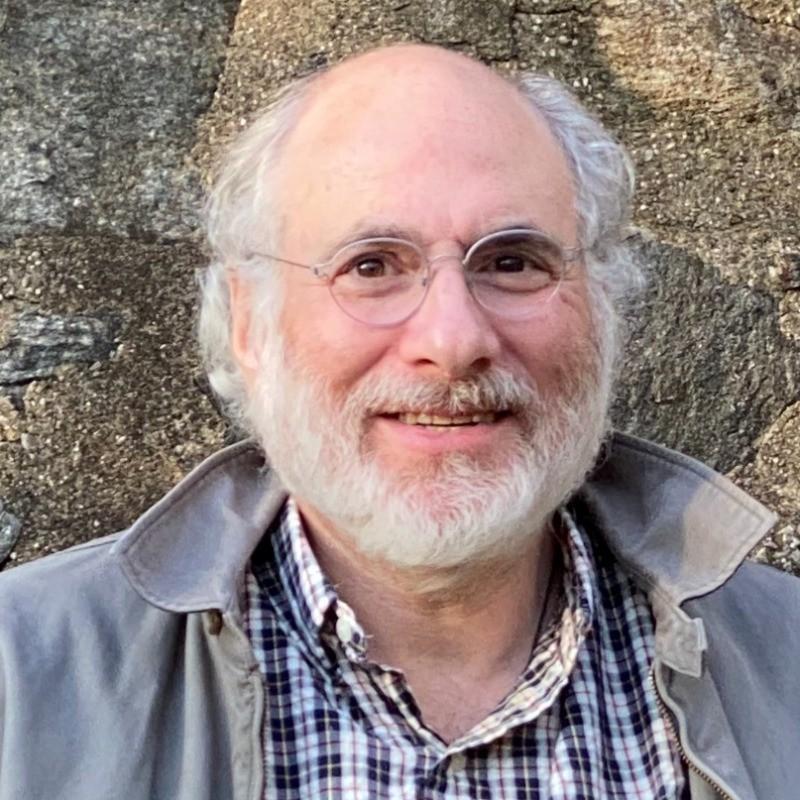
I'm a retired lawyer. In 2016 I co-founded Animal Defense Partnership, which provides free legal services exclusively to animal protection nonprofits. We’re outside general counsel to 300+ clients working in the US and around the world. But we're free. I'm also a founder of Animal Protection Capacity Builders, a collective that offers a range of capacity building services to animal protection nonprofits.

I'm a retired lawyer. In 2016 I co-founded Animal Defense Partnership, which provides free legal services exclusively to animal protection nonprofits. We’re outside general counsel to 300+ clients working in the US and around the world. But we're free. I'm also a founder of Animal Protection Capacity Builders, a collective that offers a range of capacity building services to animal protection nonprofits.
